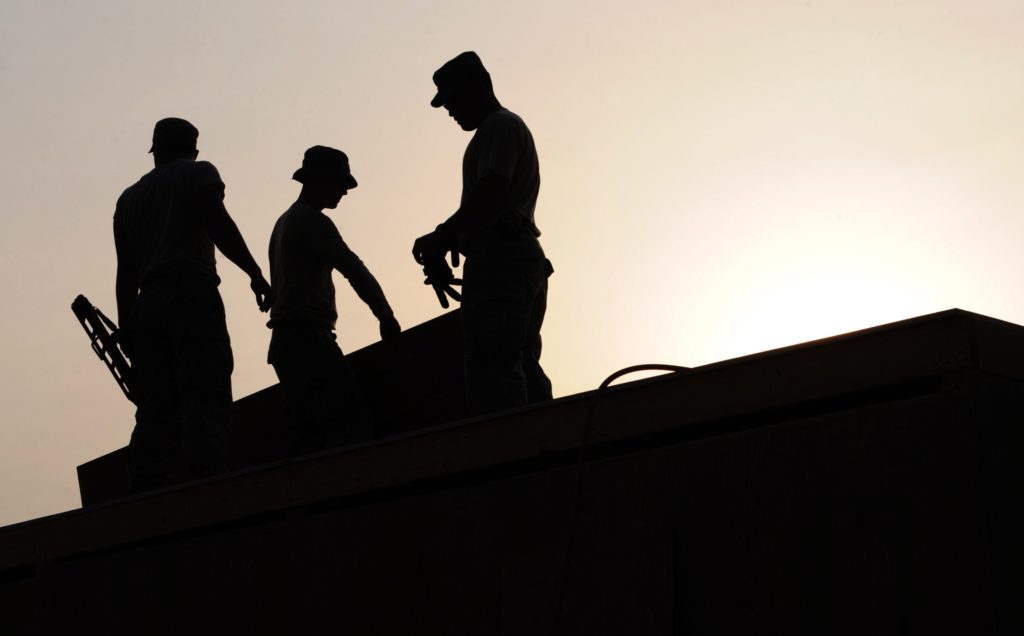
Published — June 1, 2022
The following post does not create a lawyer-client relationship between Alburo Alburo and Associates Law Offices (or any of its lawyers) and the reader. It is still best for you to engage the services of your own lawyer to address your legal concerns, if any.
Also, the matters contained in the following were written in accordance with the law, rules, and jurisprudence prevailing at the time of writing and posting, and do not include any future developments on the subject matter under discussion.
Aside from TUPAD Program learn more of DOLE’s initiatives: KABUHAYAN FORMATION, KABUHAYAN ENHANCEMENT, and KABUHAYAN RESTORATION PROGRAM
One of the Philippine government’s several and available assistance for displaced workers due to mitigating measures taken to combat COVID-19 is the “Tulong Pangkabuhayan sa Ating Displaced at Disadvantaged Workers (TUPAD) Program”.
What is TUPAD Program? Under DOLE Order No. 137-14, Series of 2014 (Guidelines in the implementation of the Department of Labor and Employment Integrated Livelihood and Emergency Employment Program), TUPAD program is a community-based (Municipality/Barangay) package assistance that provides emergency employment for displaced workers, underemployed, unemployed poor, for a minimum period of ten (10) days, but not to exceed a maximum of thirty (30 days), depending on the nature of work to be performed.
The TUPAD package of assistance is to be delivered by the DOLE Regional Office in three (3) phases or stages as follows:
A. Pre-Implementation Phase.
The following are services to be provided prior to the engagement:
1. Basic orientation on safety and health prior to their engagement in any project;
2. Personal Protective Equipment (PPE), such as hard hat, work gloves, mask, rubber boots, and long-sleeved TUPAD T-shirt, depending on the nature of work. Complete PPE is mandatory in high risk and hazardous works; and
3. Enrolment in group micro-insurance, as social security, for the duration of the work contract. The DOLE bears and pays the cost of the insurance to the micro-insurance provider.
B. Implementation Phase.
In this stage, all workers will be paid one hundred percent (100%) of the prevailing private sector minimum wage in the area or locality, subject to the submission of validated daily time records. The payment of wages will be supported by a payroll.
C. Post Implementation Phase.
All workers will be offered free skills training which may be availed on a voluntary basis, to prepare them towards self-or wage employment. The free skills training will be conducted by the Technical Education and Skills Development Authority (TESDA) or its accredited training institutions under the Training for Work Scholarship Program (TWSP).
The next question is, “Who are the qualified beneficiaries?” Under the same DOLE Order, they are the following:
1. Those who are unemployed or under-employed;
2. Those who were laid off or terminated as a result of permanent closure of an establishment; and
3. Those who were self-employed and have lost their livelihoods (including farmers and fishermen) because of natural or man-made disasters.
However, only one member of a household is qualified to avail of the
Program. Also, the availment is only once in a year.
Under the TUPAD program, only the following types of projects can be supported with such assistance:
1. Social community projects, such as repair, maintenance, and/or improvement of common public facilities and infrastructure such as schools and health centers, debris clearing, de-clogging of canals, debris segregation and materials recovery, stockpiling, clearing and basic repair of public infrastructure;
2. Economic community projects like repair and/or rehabilitation of farm-to-market roads, bridges, post-harvest facilities, and public markets; and
3. Agro-forestry community projects, such as tree planting, seedling preparation.
Alburo Alburo and Associates Law Offices specializes in business law and labor law consulting. For inquiries, you may reach us at info@alburolaw.com, or dial us at (02)7745-4391/0917-5772207.
All rights reserved.
SUBSCRIBE NOW FOR MORE LEGAL UPDATES!
[email-subscribers-form id=”4″]


